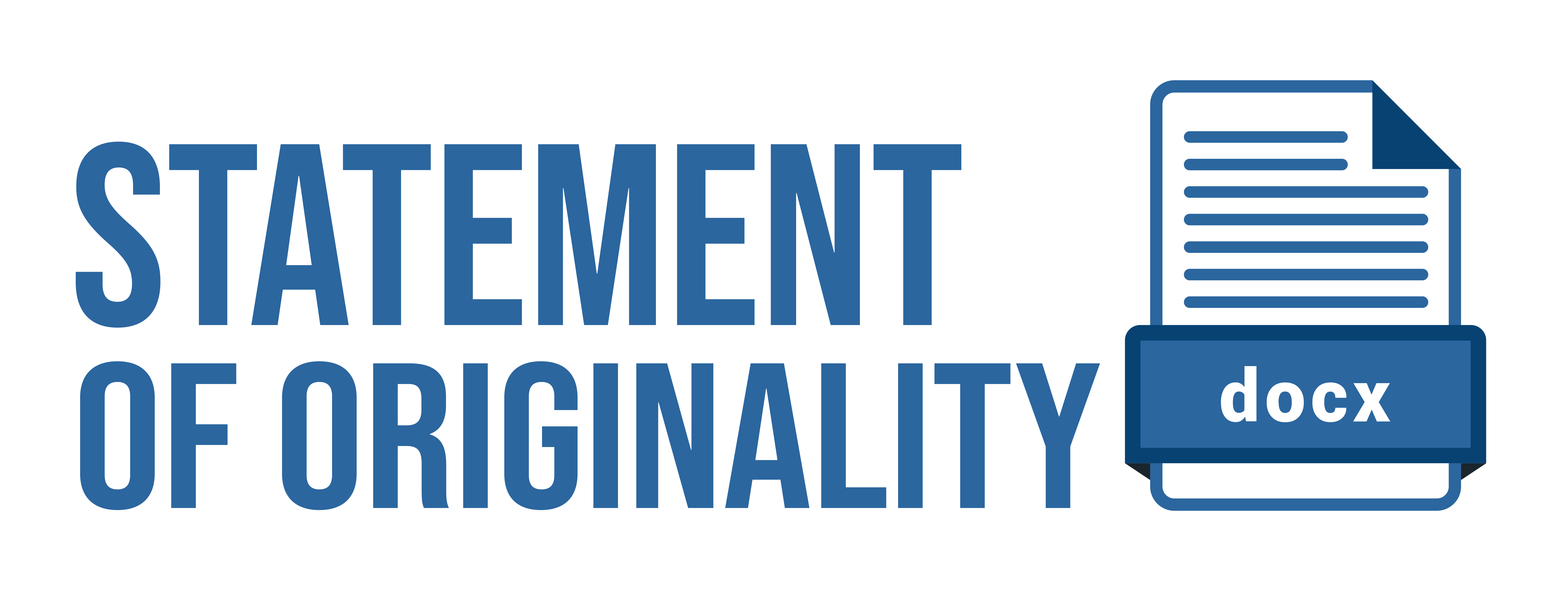KONFLIK KPK VS POLRI JILID III: KONTESTASI KUASA DALAM PENEGAKAN HUKUM DI INDONESIA
DOI:
https://doi.org/10.15575/as.v18i1.655Keywords:
Penegakan Hukum, Kontestasi Kuasa, KPK VS POLRIAbstract
Komisi Pemberantasan Korupsi (KPK) and Polisi Republik Indonesia (Polri) are two state law enforcement institutions. Indeed both institutions can carry out the organization of law enforcement, particularly in combating corruption, in shoulder to shoulder. But less than a decade, both institutions practice it often indicates that fights enemy volumes. The aims of the sstudy in this paper is to identify, to analyze, and to formulate how the KPK-Polri has a relations in a configured-usurpation than shoulder to shoulder in law enforcement. The corpus study is a series of events conflicts KPK vs Polri Volume III, triggered by the determination of Commissioner General Budi Gunawan as a suspect and arrest event Widjojanto by the Police as well as efforts to make the entire leadership of the KPK suspects. This study indicates the charge contestation or dispute the power ini law enforcement eradication of corruption. The indicators include conjoined twins jurisdictions, law enforcement power struggle, and political events set in law.
Downloads
Published
2015-08-31
How to Cite
Sahid, A. A. (2015). KONFLIK KPK VS POLRI JILID III: KONTESTASI KUASA DALAM PENEGAKAN HUKUM DI INDONESIA. Asy-Syari’ah, 18(1), 139–148. https://doi.org/10.15575/as.v18i1.655
Issue
Section
Articles
Citation Check
License
The author whose published manuscript approved the following provisions:
- Authors retain copyright and grant the journal right of first publication with the work simultaneously licensed under a Attribution-ShareAlike 4.0 International (CC BY-SA 4.0) License that allows others to share the work with an acknowledgment of the work's authorship and initial publication in this journal.
- Authors are able to enter into separate, additional contractual arrangements for the non-exclusive distribution of the journal's published version of the work (e.g., post it to an institutional repository or publish it in a book), with an acknowledgment of its initial publication in this journal.
- Authors are permitted and encouraged to post their work online (e.g., in institutional repositories or on their website) prior to and during the submission process, as it can lead to productive exchanges, as well as earlier and greater citation of published work (See The Effect of Open Access).






